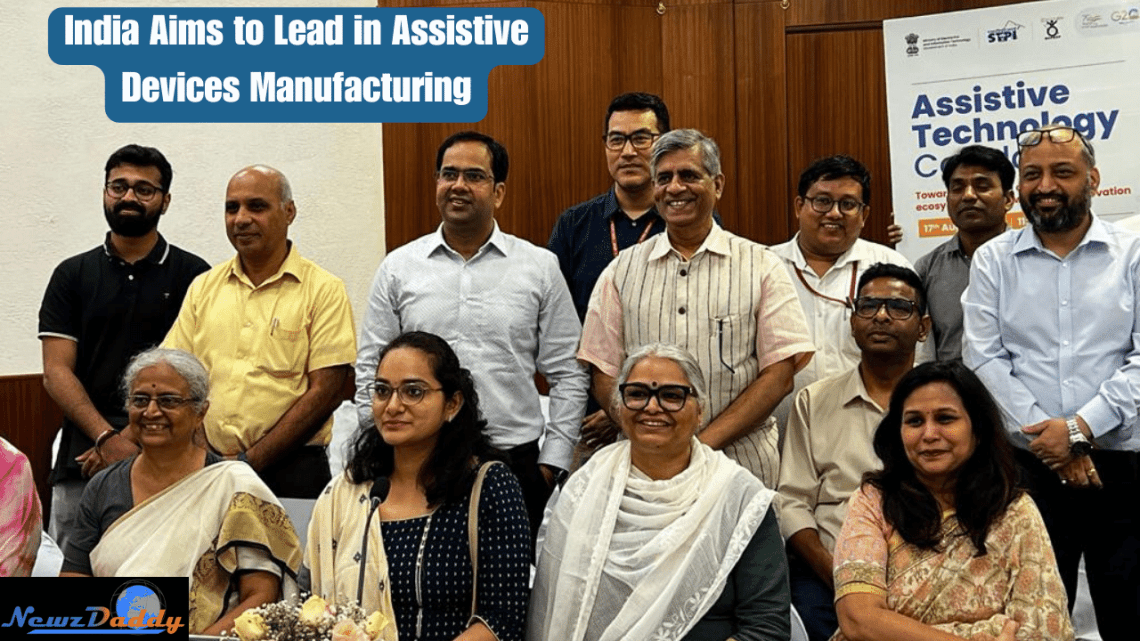India Aims to Lead in Assistive Devices Manufacturing
A groundbreaking effort led by the Software Technology Park of India (STPI) and the National Centre for Promotion of Employment for Disabled People (NCPEDP) is on the horizon. This initiative seeks to position India as a global centre for assistive technology (AT) devices catering to people with disabilities.
The two organizations are collaborating to establish an Assistive Technology (AT) Hub, which will include both a virtual hub and three physical hubs located in prominent institutes, including IIT-BHU in Varanasi. This hub is envisioned as a focal point for research, innovation, policy-making, and excellence in the field of AT.
A key gathering was recently held in New Delhi with various stakeholders participating, such as the Department of Empowerment of Persons with Disabilities (DEPwD), IIT Delhi, IIT Delhi, ICMR, UNESCO, ILO, National Institute of Urban Affairs, and AIIMS. The main focus was on devising a comprehensive strategy for advancing assistive technology.
The Global Need for Assistive Technology
According to the World Health Organization (WHO) Global Report on Assistive Technology, one in three people around the world requires assistive products to live independently. This demand is projected to rise to 3.5 billion by 2050. However, currently, only a small percentage of those who require AT have access due to factors like high costs, lack of awareness, and limited trained personnel.
Dr. Devesh Tyagi, Senior Director at STPI, highlighted the immense potential of assistive technology in creating a more inclusive world. He also pointed out the significant business prospects that AT can offer.
Assistive technology (AT) encompasses a range of products, systems, and services that empower people with disabilities to lead productive, dignified lives.
Supporting Innovation and Manufacturing
The proposed three hubs are set to support approximately 150 startups over a span of five years. This initiative is expected to drive innovation and contribute to the manufacturing of assistive devices. This aligns well with India’s current focus on becoming a manufacturing powerhouse.
Experts at the event stressed the need for collaboration and data-sharing within the AT industry. Establishing a robust database and fostering partnerships among various ministries were highlighted as key steps to boost the sector.
A Growing Momentum
The discourse around assistive technology’s potential gained momentum, even being discussed at a recent G20 forum.
Arman Ali, Executive Director of NCPEDP, shared that their experience in running the Universal Design Awards for over a decade revealed scattered efforts in the field of assistive technology in India. This inspired the concept of an AT Hub to consolidate these efforts.
Experts from various domains like medical research, urban affairs, technology, and health initiatives emphasized the importance of collective efforts to drive the AT industry forward.
In Conclusion
With the STPI-NCPEDP initiative, India envisions becoming a global leader in the manufacturing and innovation of assistive devices. This move not only aligns with India’s manufacturing ambitions but also holds the potential to transform lives and foster inclusivity.
Also Read:
“Circle Technology Innovation Introduces CBRND Alkaline Water to Transform Safety and Wellness”




